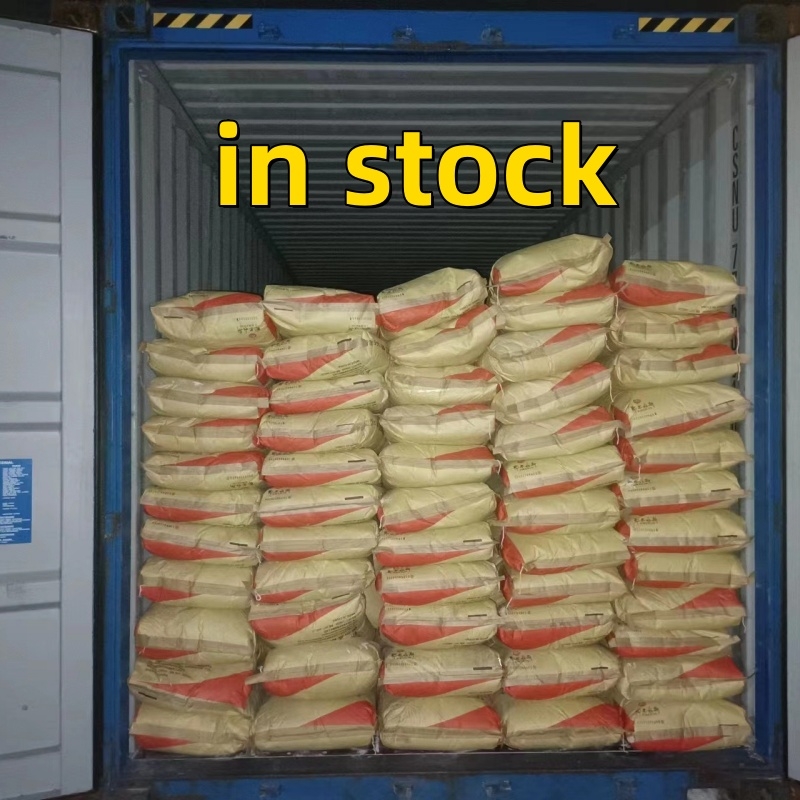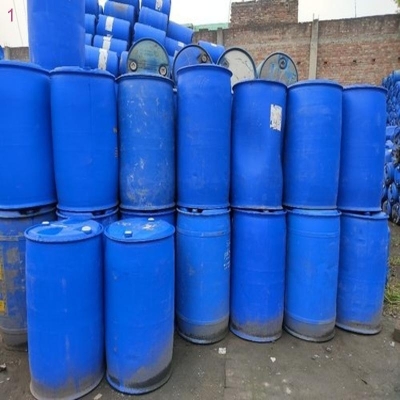-
Categories
-
Pharmaceutical Intermediates
-
Active Pharmaceutical Ingredients
-
Food Additives
- Industrial Coatings
- Agrochemicals
- Dyes and Pigments
- Surfactant
- Flavors and Fragrances
- Chemical Reagents
- Catalyst and Auxiliary
- Natural Products
- Inorganic Chemistry
-
Organic Chemistry
-
Biochemical Engineering
- Analytical Chemistry
-
Cosmetic Ingredient
- Water Treatment Chemical
-
Pharmaceutical Intermediates
Promotion
ECHEMI Mall
Wholesale
Weekly Price
Exhibition
News
-
Trade Service
It is reported that at the end of March, the Northwest Indian Railway will produce and launch 50 train cars
equipped with solar panels in Jodhpur, the second largest city in Rajasthan, India.
Solar panels will be installed on top of the regular seating compartment to power the lights and fans in the cabin
.
This is the first large-scale production of this solar-powered special train car
in India.
Previously, it was limited to small trials
.
After the 50 solar-powered train cars are officially put into use, it will reduce carbon dioxide emissions by 239 metric tons per year and reduce the consumption of 1,000 liters of diesel, which is equivalent to saving 4.
5 million rupees (about 430,000 yuan).
The installation cost of these solar panels is about Rs 25 million
.
If regularly maintained, they can last up to 15 to 20 years
.
It is understood that each carriage will be installed with 12 high-capacity solar panels, which can generate 3600 watts
of electricity under sufficient sunshine.
It is reported that at the end of March, the Northwest Indian Railway will produce and launch 50 train cars
equipped with solar panels in Jodhpur, the second largest city in Rajasthan, India.
Solar panels will be installed on top of the regular seating compartment to power the lights and fans in the cabin
.
This is the first large-scale production of this solar-powered special train car
in India.
Previously, it was limited to small trials
.
After the 50 solar-powered train cars are officially put into use, it will reduce carbon dioxide emissions by 239 metric tons per year and reduce the consumption of 1,000 liters of diesel, which is equivalent to saving 4.
5 million rupees (about 430,000 yuan).
The installation cost of these solar panels is about Rs 25 million
.
If regularly maintained, they can last up to 15 to 20 years
.
It is understood that each carriage will be installed with 12 high-capacity solar panels, which can generate 3600 watts
of electricity under sufficient sunshine.







